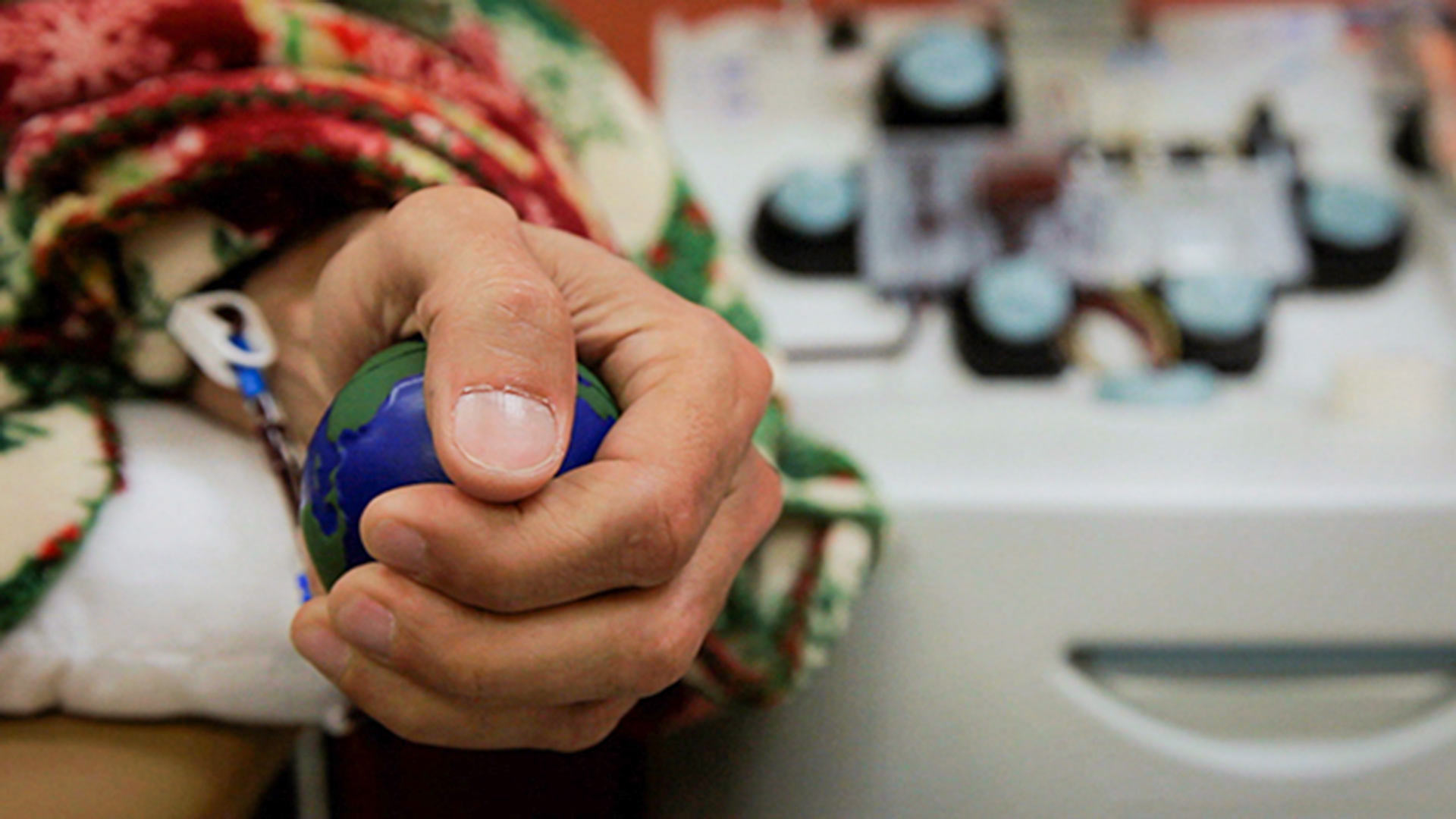 The Red Cross is beginning its summer blood drive early to avoid shortages later.
The Red Cross is beginning its summer blood drive early to avoid shortages later.
The Southern Arizona Chapter of the American Red Cross held its first-ever LGBTQ+ blood drive in Arizona this month during Tucson's pride festival–taking advantage of a historic change in donor eligibility rules from the Food and Drug administration back in August.
Executive Director for the chapter Courtney Slanacker says the reactions of those who were able to book an appointment at Arizona’s first LGBTQ+ blood drive were memorable.
“It's been a very long, arduous journey and to see people that were previously deferred be able to donate, (and) book at appointment for the first time in years, you could just see in their faces, just gratitude to have that ability to save a life, to support someone that they love. I mean, that's an incredible gift to be able to give.”
In 1985, at the height of the HIV/AIDs epidemic, the Food and Drug Administration placed a lifetime ban on blood donations from men who have sex with men. But many at the time said that ban perpetuated stereotypes against gay men. The FDA later changed its regulations in August following studies that supported individual risk assessments for everyone.
"There's a number of different reasons why you might not be eligible to donate on any given day," Slanacker said. "Those questions on that health history questionnaire have been changed to be more inclusive and not based on sexual orientation. So that means every single donor every single time, you're answering those same set of questions, and it's not going to be different for one donor versus another donor."
Some restrictions still apply. Anyone who has had new or multiple sexual partners and has also had anal sex within three months before donating will be asked to wait before they can donate.
But even with the restrictions, Slanacker says it is only the first step towards the long term goal of supply stability.
“Having a more inclusive process that treats everyone equal, I think will help stabilize (blood supply) because now we have more people eligible to donate, and more people that are eligible to donate regularly.”

By submitting your comments, you hereby give AZPM the right to post your comments and potentially use them in any other form of media operated by this institution.